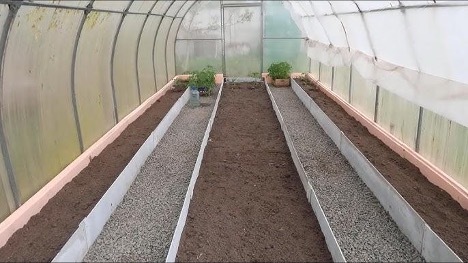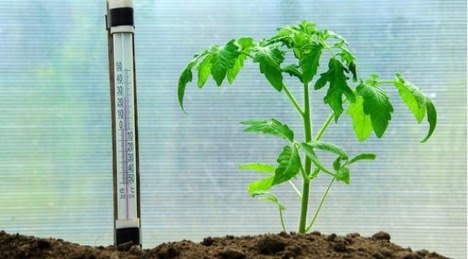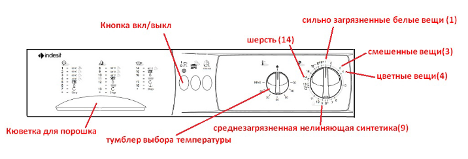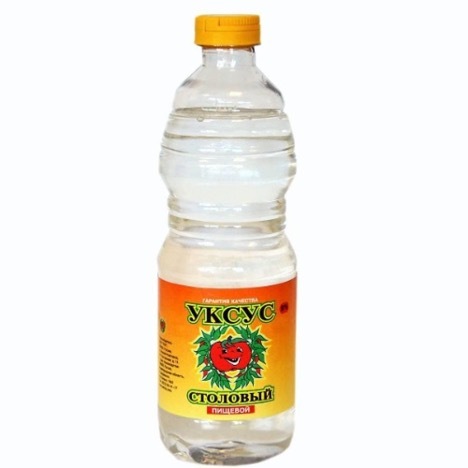Insulating a greenhouse is a key aspect of maintaining a suitable climate for plants during the colder months. Timely insulation of a polycarbonate greenhouse not only helps to retain heat inside design, but also significantly increases its efficiency, allowing you to grow plants even in winter months.
The first step in the insulation process is to inspect the greenhouse for any gaps or cracks. Any detected defects should be repaired immediately using sealant or special seals. This is important because even small holes can lead to significant heat loss.
Next, you should think about insulation materials. One of the popular options is to insulate the greenhouse with polystyrene foam. Expanded polystyrene is lightweight, inexpensive and easy to install, making it an ideal solution for many gardeners. It provides good thermal insulation and is not affected by moisture.

The content of the article
- Insulation techniques: how to insulate a polycarbonate greenhouse with your own hands
- Curtain system as an additional element of insulation
- Using a curtain system for maximum efficiency
- How to cover a greenhouse with film for additional insulation?
- Final steps of insulation
Insulation techniques: how to insulate a polycarbonate greenhouse with your own hands
How to insulate a polycarbonate greenhouse yourself? There are several methods that can be applied. One of them is the use of film. How to properly cover a greenhouse with film? You need to choose a film suitable for insulation and carefully wrap it around the entire greenhouse, securing it securely to avoid it being blown away by the wind. This will help create an additional layer of insulation.
Another popular method is insulating the greenhouse with polystyrene foam. Polystyrene foam, like expanded polystyrene, has excellent thermal insulation properties. It can be laid inside the greenhouse, attached to a frame or polycarbonate panels. This will allow more heat to be retained inside the greenhouse, which is especially important in winter.
Let's look at the basic steps that need to be taken in order to insulate a polycarbonate greenhouse for the winter:
- Check for cracks and crevices in the greenhouse structure.
- Choose suitable insulation (expanded polystyrene, foam).
- Carefully cover the greenhouse with film, if necessary.
- Attach insulation materials to the greenhouse frame.
- Make sure all joints and connections are tight.
Curtain system as an additional element of insulation
In addition to traditional insulation methods, there is another effective technique - a greenhouse curtain system. This system involves the use of special curtains or curtains that help retain heat inside the greenhouse and protect the plants from excessive cold. Curtains are usually located inside the greenhouse and can be made from a variety of materials, including thick fabric or film.
The curtain system works on the principle of an additional layer of insulation. During the day, the curtains are opened to maximize sunlight penetration, and at night, they are closed to retain heat. This is especially important during periods of severe frost, when even an insulated greenhouse may not provide sufficient protection for plants.
Using a curtain system for maximum efficiency
The use of a greenhouse screening system is an important addition to the overall insulation strategy. This system allows for more precise control of the temperature inside the greenhouse, which is especially valuable during periods of changeable weather. In addition, it provides additional protection from strong winds and precipitation.
To maximize the effectiveness of the curtain system, it is important to choose the right materials. The ideal solution would be light but dense fabrics that are easy to fold and unfold. It is also important to provide a convenient fastening system so that the curtains can be easily moved depending on need.

How to cover a greenhouse with film for additional insulation?
This is a question that worries many greenhouse owners. The film must be strong enough to withstand the loads of wind and precipitation, but at the same time should not prevent the penetration of sunlight. The film should be stretched evenly, avoiding the formation of folds and sagging, which can lead to water accumulation and damage to the structure.
Final steps of insulation
Once the basic insulation work has been completed, it is important to inspect the greenhouse regularly to ensure that all insulation elements are in good condition. Particular attention should be paid to the condition of the film and insulation materials after winter, as they can be damaged due to snow or ice.
In conclusion, an insulated greenhouse is not just a way to protect plants from the cold, but also an opportunity to extend the growing season, increasing the yield and quality of crops. How to insulate a polycarbonate greenhouse with your own hands? It is important to approach this issue comprehensively, using various insulation methods and not forgetting about regular maintenance and monitoring the condition of the greenhouse.


